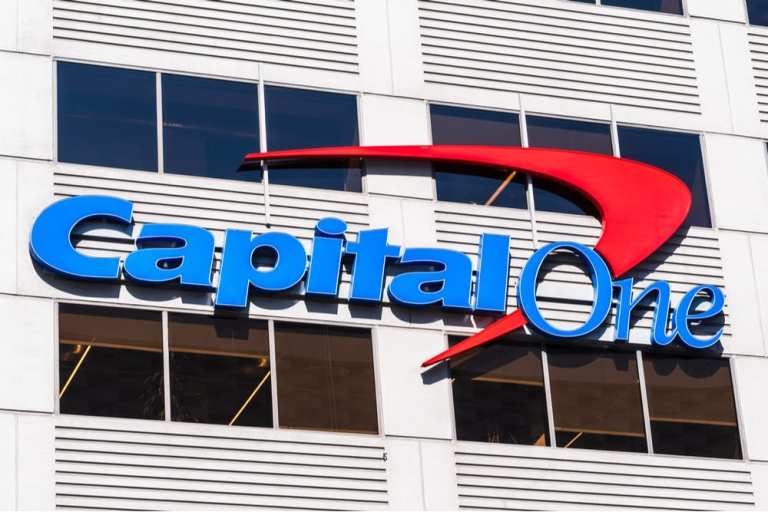Capital One’s Credit Card Business Shrinks, But Delinquencies Fall

Capital One reported on Tuesday (July 21) that its credit card business shrank during the second quarter, but that delinquencies fell despite the pandemic.
“The impacts of the COVID-19 pandemic drove second-quarter results across all of our business segments,” Richard Fairbank, Capital One’s founder, chairman and CEO, said in an earnings call with analysts. “In our credit card business, loan balances, purchase volume and revenue declined year over year. As they’ve done in prior downturns, consumers are pulling in their spending and paying down balances. This cautious behavior is an important driver of both declining volumes and our strong credit performance.”
Capital One said its domestic cards’ average loans fell 11 percent to $101 billion as of the quarter’s end. Purchase volume likewise dropped 15 percent year over year to $82.9 billion, the bank reported in its supplemental earnings materials. Net interchange revenues also eased some 18 percent year over year.
On the other hand, Capital One’s net charge-off rate fell 33 basis points to 4.53 percent. The bank’s 30+ day delinquency rate likewise dropped 66 basis points to 2.74 percent. Additionally, consumer FICO scores of 660 or higher totaled 67 percent of all loans, down only slightly from 68 percent.
Also, on the plus side, Capital One said consumer-banking average loans rose 2 percent to $64.9 billion, while auto loans rose 1 percent on average to $61.8 billion.
Overall, Capital One reported $1.61 in diluted losses per common share after excluding adjusting items. That’s worse than a $1.25 loss that analysts surveyed by Zacks had expected. Net revenues totaled $6.6 billion.
Despite the red ink, Fairbank said Capital One’s “investments to transform our technology and how we work, and our efforts to drive the company to digital are powering our response to the pandemic. We remain well positioned to weather the downturn, emerge with strength and deliver shareholder value over the long term.”